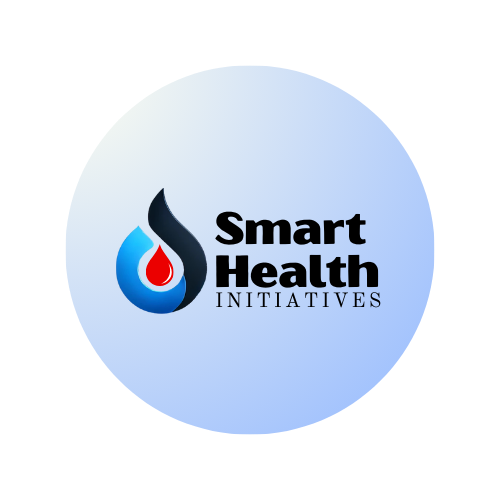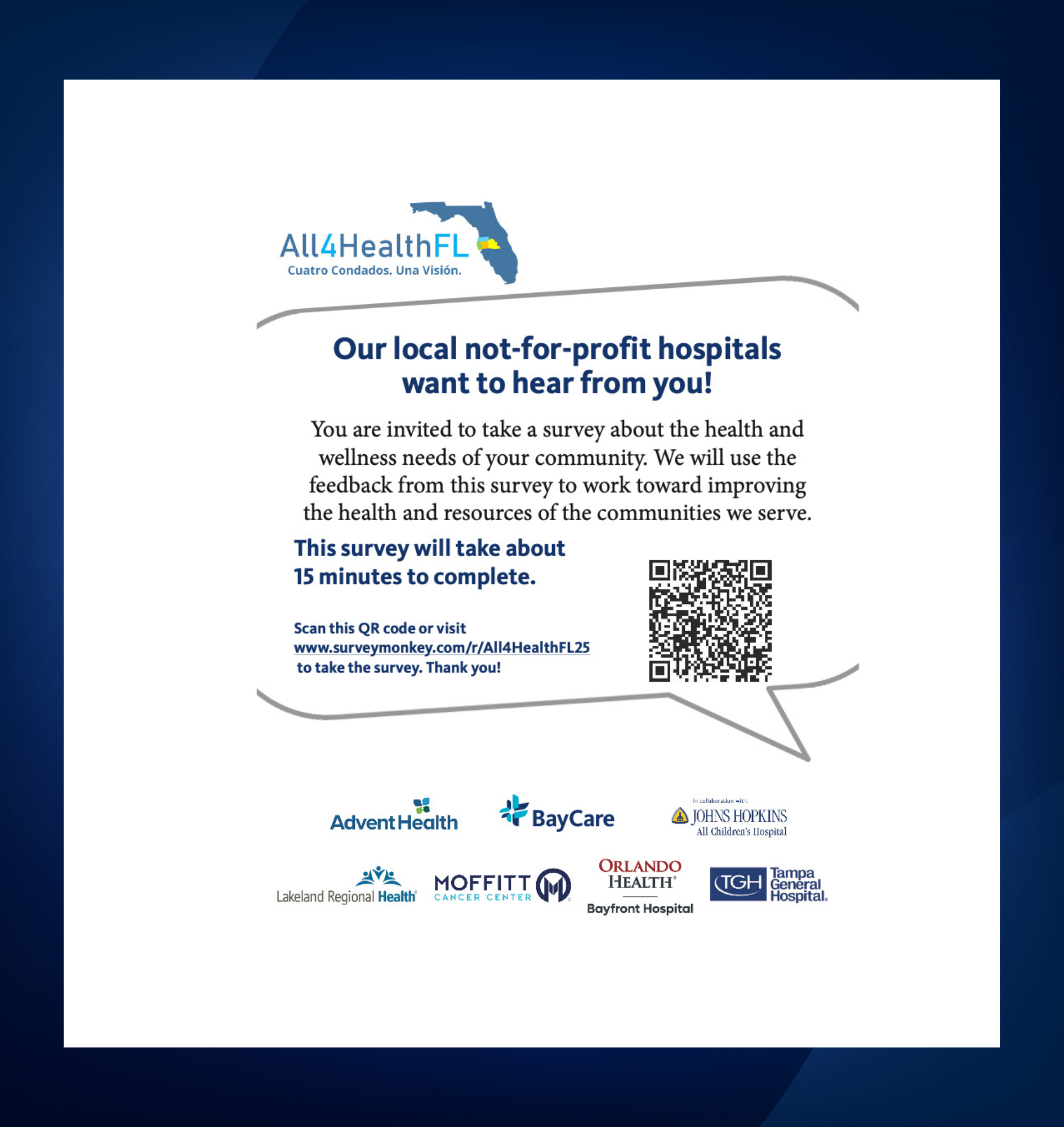Start 2025 Strong!
As we step into the new year, there’s no better time to prioritize your health and well-being. For many, the start of the year represents a fresh start, a chance to make positive changes that can transform your life. One of the most important steps you can take is understanding the early signs of Type 2 diabetes, a condition affecting millions that often goes unnoticed until complications arise.
According to a WebMD article written by Katie Cameron and medically reviewed by Dr. Zilpah Sheikh, recognizing the early symptoms of Type 2 diabetes can lead to timely intervention and better management of the condition. Here are the key warning signs to watch for:
Common Early Symptoms of Type 2 Diabetes
- Increased Thirst and Frequent Urination
High blood sugar levels cause your kidneys to work overtime to filter and absorb the excess sugar. This process pulls fluids from your tissues, leading to dehydration and frequent trips to the bathroom. - Excessive Hunger
When insulin doesn’t function properly, your cells don’t get the energy they need, causing persistent hunger—even after meals. - Unintended Weight Loss
Despite eating more, your body may start breaking down fat and muscle for energy because it cannot effectively use glucose. - Fatigue
Without sufficient energy reaching your cells, you may feel persistently tired and drained, even with adequate rest. - Blurred Vision
High blood sugar can cause the lenses in your eyes to swell, leading to temporary changes in vision. - Slow-Healing Sores or Frequent Infections
Elevated blood sugar impairs circulation and the body’s natural healing processes, making wounds heal slower and infections more frequent. - Darkened Skin Patches
Areas of dark, velvety skin, especially in body folds or creases (a condition called acanthosis nigricans), can indicate insulin resistance.
Why Early Detection Matters
Type 2 diabetes often develops gradually, and symptoms can be subtle or even absent in the early stages. This makes it critical to pay attention to these warning signs and seek medical advice if you notice any of them. The earlier diabetes is detected, the easier it is to manage and prevent complications.
Take Action This New Year
The new year is a perfect time to take control of your health and make meaningful changes:
- Schedule a routine health check-up and ask your doctor about diabetes screenings.
- Prioritize a balanced diet rich in whole foods and low in added sugars.
- Make physical activity a daily habit, whether through walking, jogging, or taking fitness classes.
- Educate yourself about diabetes risk factors, especially if it runs in your family or you have a sedentary lifestyle.



